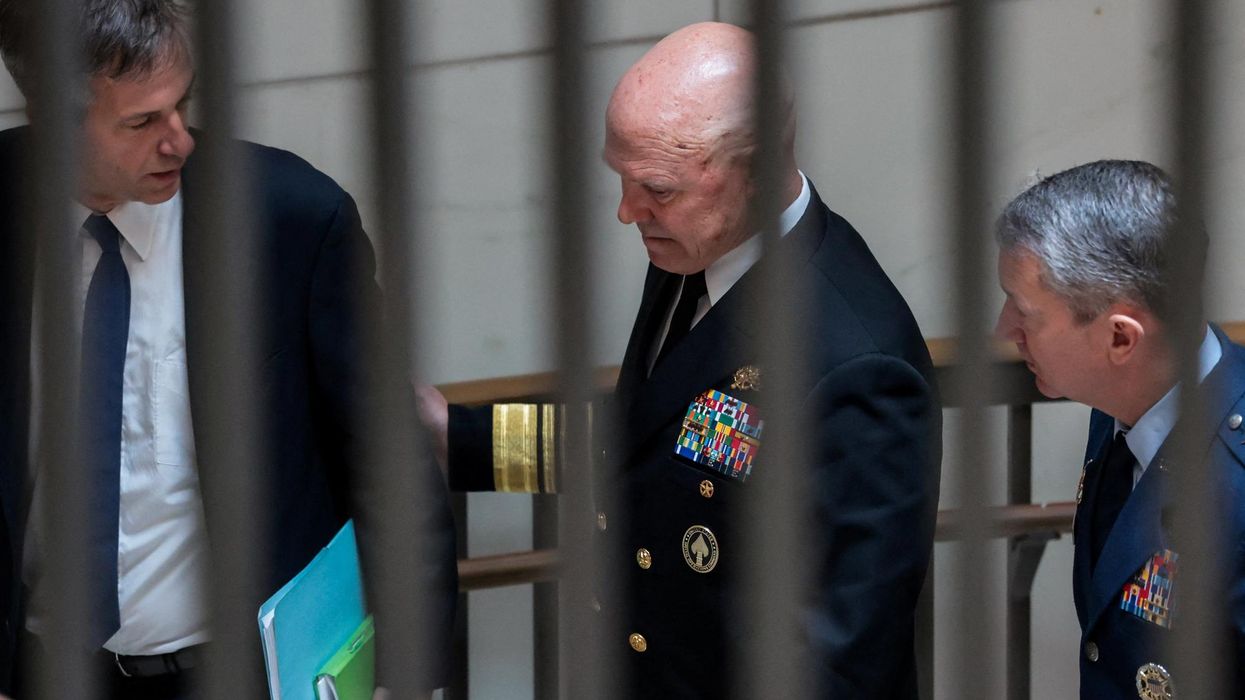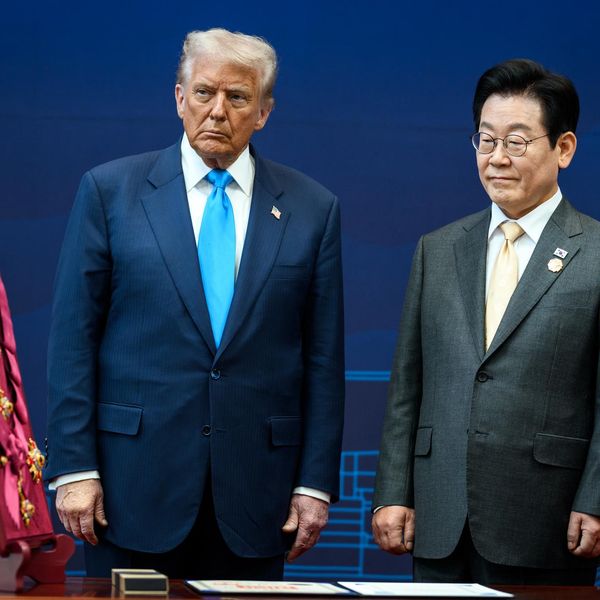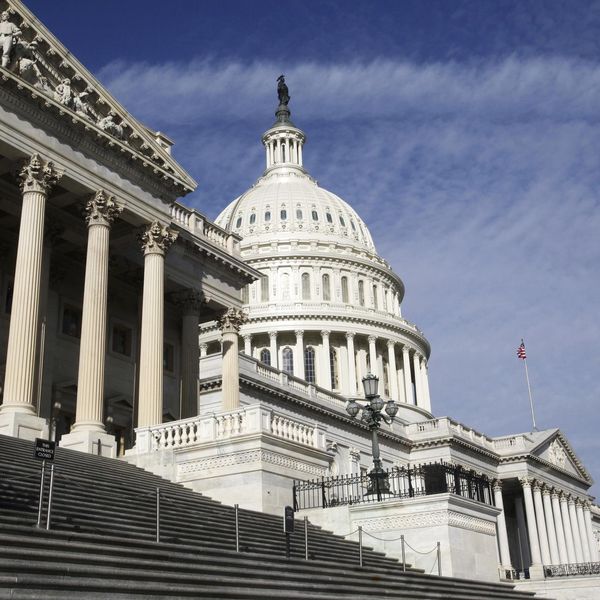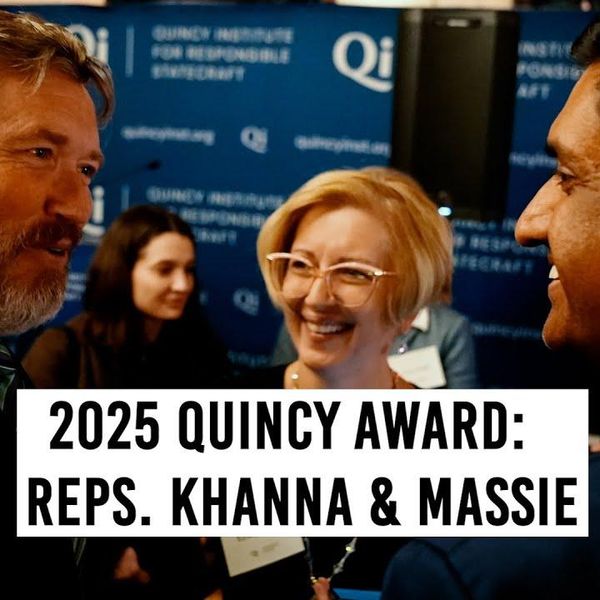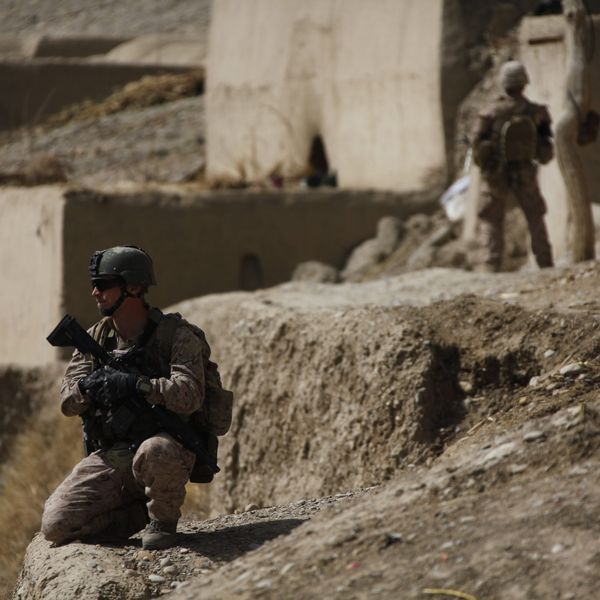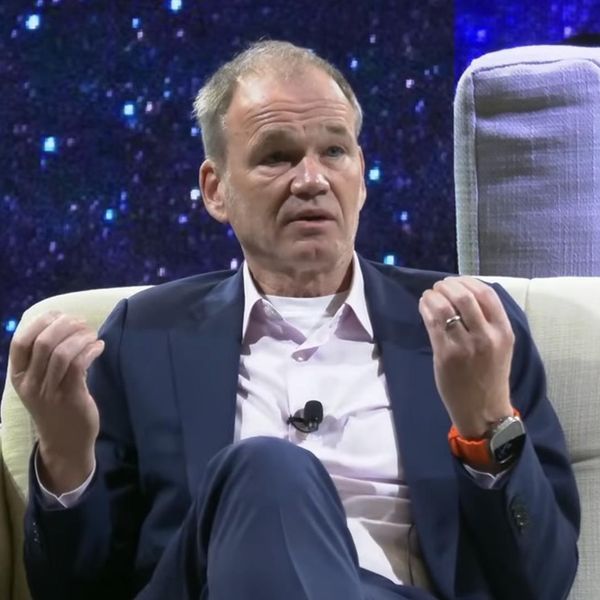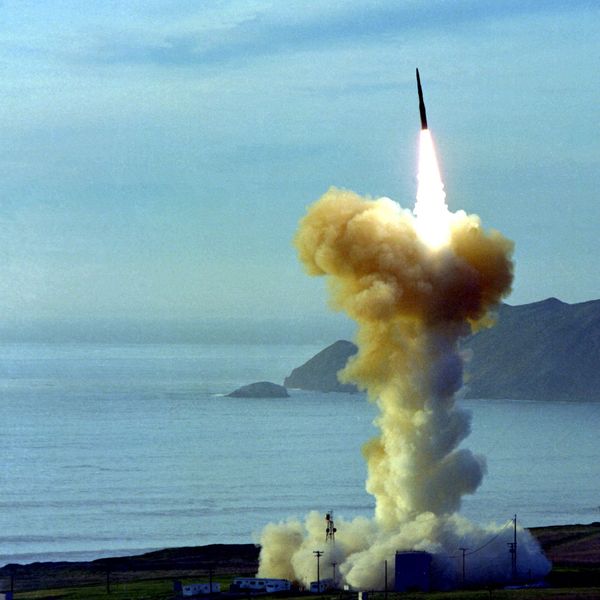Former Vice President Mike Pence told an Israeli newspaper on Tuesday that a future Republican administration will tear up any new nuclear deal made with Iran today. Beyond all of the political bloviation, it is important to understand how Pence's statement undermines the U.S. bargaining position right now in Vienna.
“If the JCPOA finds a way to be resurrected, we will be a part and a voice of a chorus of Americans with that new administration coming into office to end the JCPOA just as quickly as we ended it under the Trump-Pence administration," he charged in Israel Hayom.
Not only would Republicans withdraw from any new agreement they would bring back President Trump’s (fundamentally counterproductive) aggressive posture against Tehran, he boasted:
"During our administration, it wasn't just that we got out of the JCPOA, it was that we isolated Iran like never before, we challenged their malign activities. We not only took down ISIS [the Islamic State] and Abu Bakr al-Baghdadi, but it was our administration that took down Qassem Soleimani." He then added, "We made it clear to Iran and all of their affiliate organizations and terrorist groups across the region that the day of them sowing violence across the wider Arab world was over."
One of the biggest sticking points on behalf of the Iranian negotiators has been the inability to ensure that any future White House won’t waltz in and rip up the renewed agreement. So far they haven’t been able to get that kind of assurance, even from the Democrats who are supposedly behind getting a deal out the door. Now the GOP in the form of Mike Pence, one of the most high-profile likely candidates for president in 2024, is openly saying it will kill it.
So what does this do?
It means that any carrots the U.S. puts forward in the talks are devalued precisely because we are explicit about their lack of durability. Therefore, Washington has to offer more to achieve the same because of this open lack of trustworthiness.
As I have written elsewhere, this has been a major challenge throughout these nuclear talks. Being unreliable does not put you in a good position to ask for a "longer and stronger" deal.
At the same time, Pence is not lying. If the GOP wins in 2024, I see only two scenarios: either Washington walks out of the deal a la Trump, or it adopts an ambiguous position in which it doesn't commit to staying and flirts with leaving.
In the latter case, the United States injects so much uncertainty into the situation that international businesses will begin exiting the Iranian market, whether or not any sanctions are lifted from a renewed deal. As such, uncertainty is a de facto sanction.
Not getting what it has been promised, Tehran will likely quit the deal or it will reduce its obligations, as it did from 2019 and onward. But this time around, the JCPOA would likely not be able to take that pressure without collapsing. The nuclear deal dies and with it any hope for achieving any peaceful resolution with Iran.
Naively, many in D.C. are still thinking of how to "strengthen" the deal once it is revived. But I fear that very few have internalized how weak the Western bargaining position is: One can't ask for more when one simultaneously admits that no American promise can be kept longer than four years.




